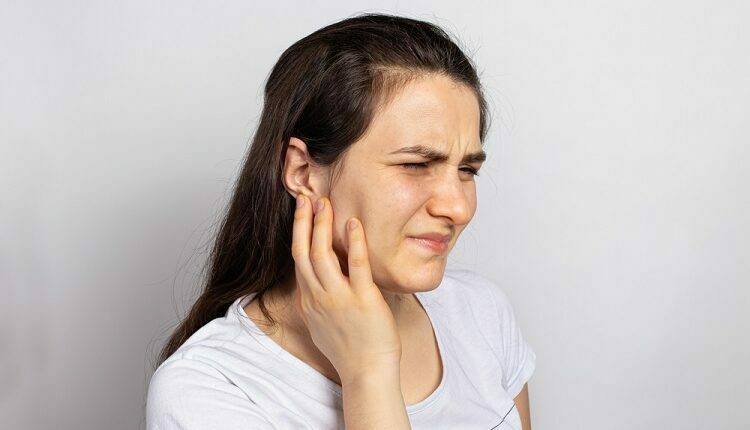TMJ Disorder; All You Need To Know
Are you aware that over 35 million Americans suffer from a TMJ disorder? Unlike many people presume, TMJ is not a disease but a joint that connects your jaws to the skull. TMJ disorder causes pain to your jaws affecting your jaw’s movement and functions. When not treated, the TMJ disease may cause pain to spread to other parts of your body. The Gaithersburg TMJ specialists at CHOICE Pain & Rehabilitation Center provide effective treatments for TMJ disorder to enhance pain relief and promote health. Read on to get more details about TMJ.
Table of Contents
What is a TMJ disorder?
TMJ or a temporomandibular joint is a body part that joins the jawbone and the skull on each side of the head. TMJ is essential for enhancing speaking, chewing, and yawning. A TMJ disorder occurs when you develop pain in the temporomandibular joints.
Other than pain, you are likely to experience the following symptoms when you have a TMJ disorder.
- Headache
- Earache
- Difficulty chewing
- Uneven bite
- Facial pain
- Jaw locking
- Tenderness in the jaw
- Stiff jaw muscles
- Limited jaw movement
You may also encounter a clicking sound when chewing or opening your mouth.
What causes TMJ disorders?
TMJ is one of the most compound body joints. It puts together a flexible action with gliding movements to enable chewing and speaking.
The ends of the bones in your jaws have cartilage that encloses them. A small disc acts as a shock absorber and separates the bones to allow smooth movement.
The TMJ joint is vulnerable to various types of damage due to its complicated nature and several uses, including the following:
- Misaligned or broken-down disc
- Overuse, such as teeth grinding
- Cartilage damage from arthritis
- Acute trauma such as a head blow
Sometimes TMJ disorder does not have a clear cause.
Usually, you can find relief from TMJ using home remedies, including techniques to eliminate muscle tension, such as self-massage. However, if your pain persists even with the home treatments, please do not hesitate to call CHOICE Pain & Rehabilitation Center for help.
TMJ disorder diagnosis and treatment
You can have your diagnosis of TMJ disorder from your dentist or physical provider. Your CHOICE Pain & Rehabilitation provider conducts a comprehensive evaluation of your TMJ disease through physical exams and medical history assessment. Your provider may also request an MRI or X-ray for further examination.
They use the results to suggest the most effective treatment for your condition. With the severity of your TMJ disorder in mind, your treatment may include the following:
- Botox injections
- Corrective dental treatment
- Oral medications
- Cognitive-behavioral therapy
- Steroid injections
Other alternatives that may help you find relief from TMJ disorder include,
- Wearing oral appliances, including mouth guards and splints
- Physical therapy, including jaw stretching and strengthening exercises
Surgery may be necessary when you do not find ease from other treatments.
TMJ disorder is painful and may interfere with your daily activities when not addressed. It results from different types of damage to the TMJ joints. Avoiding overusing your jaws and stretching your jaws may help prevent the condition. Call CHOICE Pain & Rehabilitation Center today to schedule your appointment.

